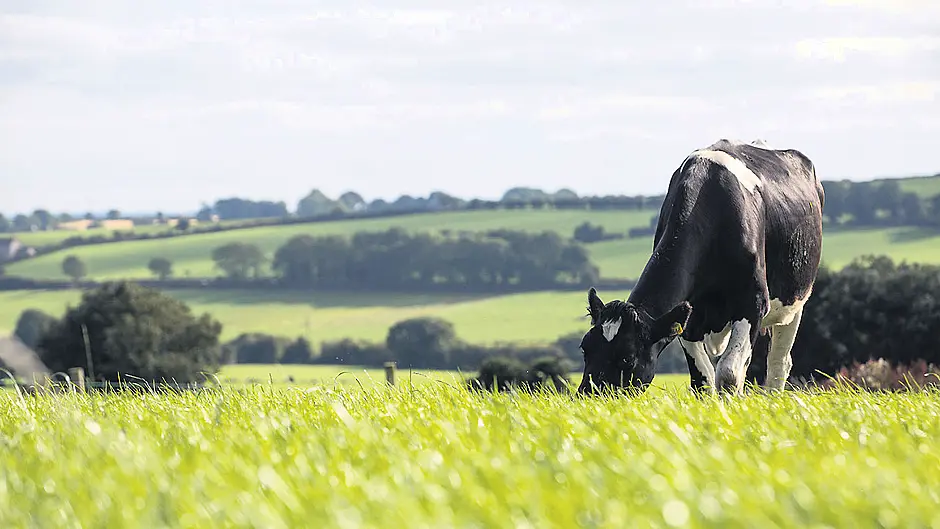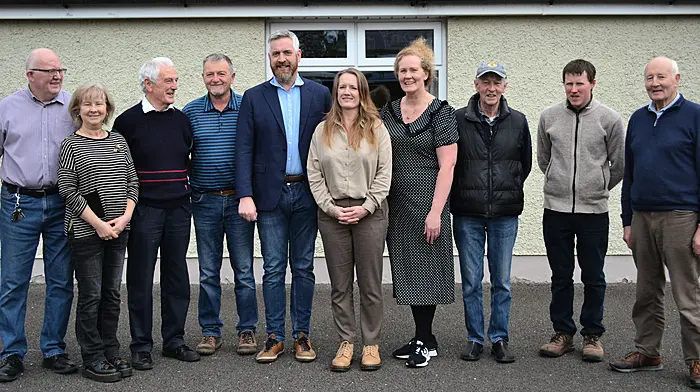The team behind ground breaking research underway at Tyndall Institute in UCC says it will offer huge opportunities for farming in Ireland and is just one part of their work to digitise the agri sector
NEW soil sensor technology developed at the Tyndall Institute at UCC could help reduce the use of chemical fertilisers on farms in the short and medium terms and improve water quality in Ireland’s rivers and estuaries.
Buried in the ground at a depth of 20cm, the tiny sensors – which measure around half the diameter of a human hair and are in packaging about 1cm across – communicate data about nitrates in soil wirelessly (via bluetooth and the internet of things) and in real time.
Even though the sensors are tiny, initial results indicate that, per hectare of land, only a small number will be required.
Nitrates – compounds comprising nitrogen and oxygen atoms – are essential for plant growth. However, too much of it is a pollutant and when it runs off the land into lakes, rivers, and the sea, it affects water quality and biodiversity. Traditionally, soil testing for nitrates has been done in laboratories, in test tubes, and the results give a picture of a single point in time. As a result, farmers tend to spread fertiliser in the places and quantities that they always have done.
Testing the new sensors in Romania, one of the partners in the project, has shown that soil nitrate levels fluctuate considerably more than previously thought.
This means the measurements that the sensors provide could have a significant impact on how, where, and how much fertiliser is spread on farms.
A recent report from the Environmental Protection Agency (EPA) pointed to a continuing reduction in water quality across Ireland – particularly in estuaries and coastal waters.
Dr Alan O’Riordan, senior research fellow at Tyndall, and principal investigator at VistaMilk SFI research centre, said the new sensors represent a real opportunity for farming in Ireland, both in terms of cost savings and environmental impact.
He described the technology as ‘ground breaking’.
‘There’s nothing like this out there already. There’s similar technology in the development stages, but nothing as specific as ours,’ said Dr Riordan, who stressed the sensors wouldn’t be cost-prohibitive.
The next step in development is to get the sensor to measure nitrates, nitrites and phosphoros simultaneously.
‘I’d predict this could be on the market in the next three to five years,’ he said.
He described the team’s work as ‘digitising the agri-industry’.









